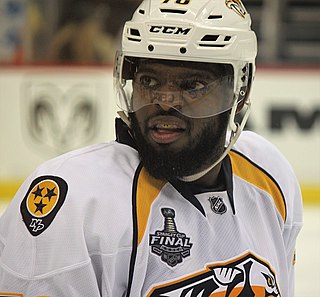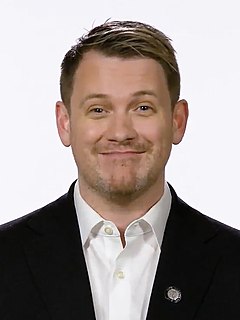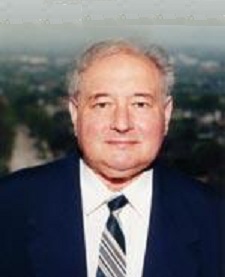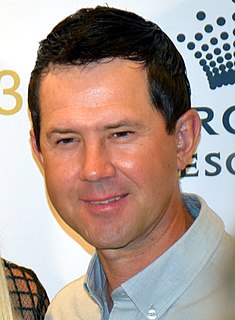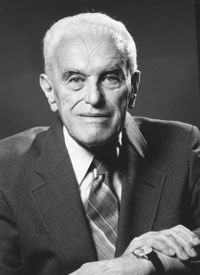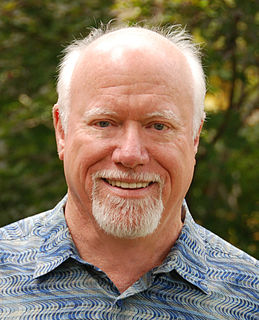A Quote by P.K. Subban
Life is a chess match. Every decision that you make has a consequence to it.
Quote Topics
Related Quotes
Every decision you make - every decision - is not a decision about what to do. It's a decision about Who You Are. When you see this, when you understand it, everything changes. You begin to see life in a new way. All events, occurrences, and situations turn into opportunities to do what you came here to do.
I started playing chess when I was about 4 or 5 years old. It is very good for children to learn to play chess, because it helps them to develop their mental abilities. It also helps to consolidate a person's character, because as it happens both in life and in a chess game we have to make decisions constantly. In chess there is no luck and no excuses: everything is in your hands.
The fact that you have a policy of such consequence directly affecting millions of people and you have a legal question of great consequence about the scope of the president's authority to act in implementing the immigration laws in this way and you have a one-line decision from the court affirming by an equally-divided court, it's an inevitable consequence of where we are.
If you make the wrong decision, you make the wrong decision. That's all there is to it. There are few guarantees in life. One of them is that you will make lots of mistakes The worst thing you can do is wimp out and spend your life in suspended animation refusing to make a choice because it may not be a perfect one.
For young players, their minds are not overloaded. I am 54 with four kids and I do many other things. Even if I stopped everything else, spent months working just on chess, for a long match against most of the top players, a classical match, six hours, say, I don't stand a chance. I have a better chance in shorter matches. Rapid is 25 minutes, or blitz events where you have five minutes to make a move, or bullet games, where it is one minute. For blitz, five-minutes chess, I would be top ten, top five. But longer games, no chance.
